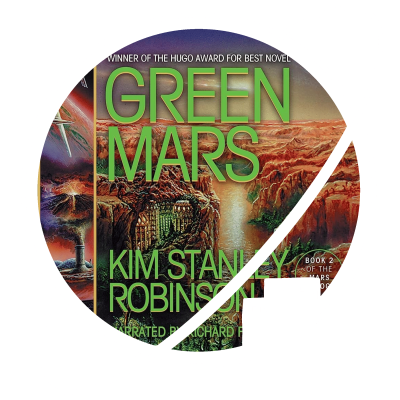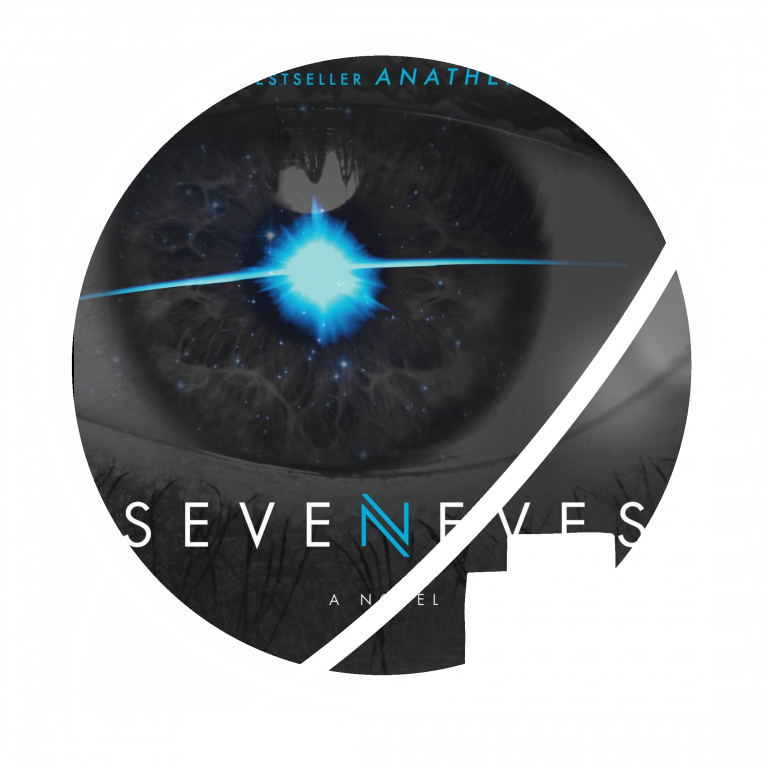- Book written by Kim Stanley Robinson
- Published October 1993
- Part 2 of the Mars Trilogy


Listened to the audiobook with Richard Ferrone, who fit the book really well.
In many ways, Green Mars is comparable to Red Mars: it is still very much a diamond hard sci-fi about terraforming Mars against a backdrop of political struggles on the red planet as well as back on earth. Robinson places scientists in the shoes of heroes, and I really like the awkwardness – and realness – that it creates. I think only Robinson could make a scientific conference attended by a socially awkward/neurodivergent physicist into a great narrative.
Green Mars picks up where Red Mars left off – that it is to say, like Red Mars, it time jumps forward often to cover more ground, but neatly picks up the narrative.
The narrative in the case of Green Mars is that of a ‘big tent’ movement of various different Martian ‘resistance’ groups going up against the big metanational corporations of Earth who see Mars as nothing but a mineral deposit. The various personal struggles of the first 100 colonists and their descendants are still a throughline.
Green Mars is slightly different from Red Mars in that it is somewhat more plot driven (and consequently, somewhat less character driven) than Red Mars. And it feels like Robinson’s editor took a step back on the project, allowing for even longer sections of explanation of the geological and climatological shifts on Mars. I’m torn on whether those tangents are really cool or whether they just clog up the narrative; and it probably really depends on what exactly Robinson is explaining. I have to admit that I dreamed off during some of them, but then I was also listening intently to others. At least, none of them felt as non-sequitur as a chapter on feral hogs in Texas.
So Green Mars is perhaps best described as a more intense version of Red Mars. Folk who like the Kim Stanley Robinson or Neal Stephenson style of hard sci-fi with plenty of space for tangents and explanations, will love this book.
I liked it myself, though a little less so than Red Mars. I think Robinson does politics really well and so I didn’t mind that politics played more of a role. But I do think that Green Mars has maybe just a little too much geological surveys for my liking. And it took me a while to get into the book, because the first section didn’t grab my attention as much as the beginning of Red Mars did.
Overall, I’m a bit surprised that Green Mars won the Hugo but Red Mars didn’t – might be a matter of competition, or possibly of the series’ popularity lagging a little behind its release. Either way, Green Mars was still a very good read, and I’m looking forward to Blue Mars!









